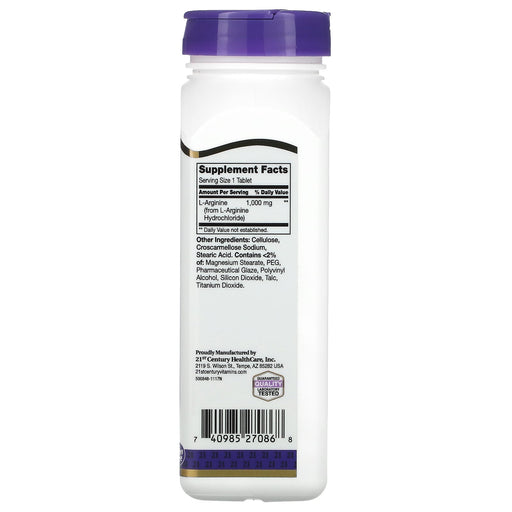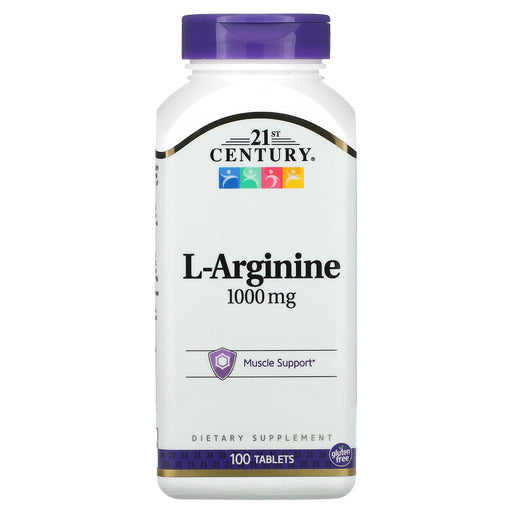
Experience the Building Blocks of Optimal Health with Amino Acid Supplements
Amino acids are organic compounds that serve as the foundation of proteins, playing a crucial role in nearly every biological process in the body. From building and repairing tissues to producing hormones, neurotransmitters, and enzymes, amino acids are essential for overall health and well-being. Amino acid supplements offer a convenient way to ensure your body has the necessary building blocks to function at its best.
Types of Amino Acids
There are three main categories of amino acids:
- Essential Amino Acids (EAAs): These amino acids cannot be produced by the body and must be obtained through diet or supplementation. The nine EAAs are histidine, isoleucine, leucine, lysine, methionine, phenylalanine, threonine, tryptophan, and valine.
- Non-Essential Amino Acids (NEAAs): These amino acids can be synthesized by the body and include alanine, asparagine, aspartic acid, and glutamic acid.
- Conditionally Essential Amino Acids (CEAAs): These amino acids become essential under certain conditions, such as illness, stress, or intense physical activity. CEAAs include arginine, cysteine, glutamine, glycine, proline, serine, and tyrosine.
The Benefits of Amino Acid Supplementation
Incorporating amino acid supplements into your daily routine can offer a wide range of potential benefits for overall health and well-being. Some of the key advantages of amino acid supplementation include:
- Muscle Growth and Repair: Essential amino acids, particularly branched-chain amino acids (BCAAs), are crucial for muscle protein synthesis and can help support muscle growth, strength, and recovery.
- Improved Athletic Performance: Amino acids can help reduce fatigue, increase endurance, and support muscle recovery, making them valuable for athletes and fitness enthusiasts.
- Enhanced Mood and Cognitive Function: Certain amino acids, like tryptophan and tyrosine, are precursors to neurotransmitters that regulate mood, sleep, and cognitive function.
- Immune Support: Amino acids like glutamine and arginine play a key role in immune cell function and can help support a healthy immune response.
- Healthy Aging: Adequate amino acid intake is essential for maintaining muscle mass, bone density, and overall health as we age.
Choosing the Right Amino Acid Supplement
When selecting an amino acid supplement, it's essential to choose a high-quality product from a trusted brand. Consider the following factors:
- Specific Amino Acids: Different amino acids offer unique benefits. Choose a supplement that contains the specific amino acids best suited to your individual needs and goals.
- Dosage and Form: Amino acid supplements come in various forms, such as capsules, powders, and liquids. Consider your preferences and lifestyle when choosing the right form, and follow the recommended dosage instructions.
- Quality and Purity: Look for supplements that are manufactured in GMP-certified facilities, free from artificial additives and fillers, and third-party tested for purity and potency.
- Brand Reputation: Opt for supplements from reputable brands with a history of producing high-quality, effective amino acid supplements and a commitment to transparency and safety.
Maximizing the Benefits of Amino Acids
To get the most out of your amino acid supplement, consider the following tips:
- Combine with a Balanced Diet: While amino acid supplements can provide valuable support, they should be used in conjunction with a balanced diet that includes a variety of protein sources.
- Time Your Intake: For optimal muscle support, take your amino acid supplement before, during, or immediately after your workout.
- Stay Hydrated: Adequate hydration is essential for the proper absorption and utilization of amino acids in the body.
- Consult with a Healthcare Professional: If you have any pre-existing health conditions or are taking medications, consult with a healthcare professional before starting an amino acid supplement regimen.
Embrace Your Body's Full Potential with Amino Acids
If you're looking to support muscle health, athletic performance, mood, and overall well-being, amino acid supplements may be the key to harnessing your body's full potential.
Search our selection of high-quality amino acid supplements and discover the power of these essential building blocks for yourself. With a commitment to purity, potency, and your individual needs, we're here to help you achieve optimal health and thrive.
Frequently Asked Questions about Amino Acids
1. What is amino acid and its function?
Amino acids are organic compounds that serve as the building blocks of proteins. They play crucial roles in various bodily functions, including:
- Building and repairing tissues
- Producing hormones and neurotransmitters
- Supporting immune function
- Providing energy
- Aiding in nutrient absorption and transport
2. What foods are high in amino acids?
Foods high in amino acids include:
- Animal proteins: Meat, poultry, fish, eggs, and dairy products
- Plant proteins: Soy products (tofu, tempeh), legumes, quinoa, and spirulina
- Nuts and seeds: Almonds, pumpkin seeds, and chia seeds
- Whole grains: Oats, rice, and wheat
3. What are the 20 amino acids?
The 20 amino acids are:
- Alanine
- Arginine
- Asparagine
- Aspartic acid
- Cysteine
- Glutamic acid
- Glutamine
- Glycine
- Histidine
- Isoleucine
- Leucine
- Lysine
- Methionine
- Phenylalanine
- Proline
- Serine
- Threonine
- Tryptophan
- Tyrosine
- Valine
4. Is it safe to take amino acids everyday?
Yes, it is generally safe to take amino acid supplements daily, as long as you follow the recommended dosage instructions and consult with a healthcare professional if you have any pre-existing health conditions or concerns.
5. Can you take too many amino acids?
While it is difficult to consume too many amino acids through a balanced diet, taking excessive amounts of amino acid supplements may lead to potential side effects, such as:
- Digestive discomfort
- Dehydration
- Increased risk of certain health conditions (e.g., liver or kidney problems)
It's essential to follow the recommended dosage instructions and consult with a healthcare professional to ensure safe and appropriate use.
6. What happens if you are low on amino acids?
A deficiency in essential amino acids can lead to various health issues, including:
- Muscle wasting and weakness
- Impaired immune function
- Decreased energy levels
- Mood disturbances
- Slow wound healing
- Changes in skin, hair, and nail health
7. How many amino acids does your body need daily?
The daily requirement for amino acids varies depending on factors such as age, sex, weight, and activity level. The recommended daily allowance (RDA) for protein, which provides the essential amino acids, is:
- 0.8 grams per kilogram of body weight for adults
- Higher amounts for athletes, pregnant or breastfeeding women, and people recovering from illness or injury
8. What foods have all 9 essential amino acids?
Foods that contain all 9 essential amino acids (complete protein sources) include:
- Animal proteins: Meat, poultry, fish, eggs, and dairy products
- Plant proteins: Soy products (tofu, tempeh), quinoa, and spirulina
- Combination of plant proteins: Combining legumes with grains, nuts and seeds can provide all essential amino acids










